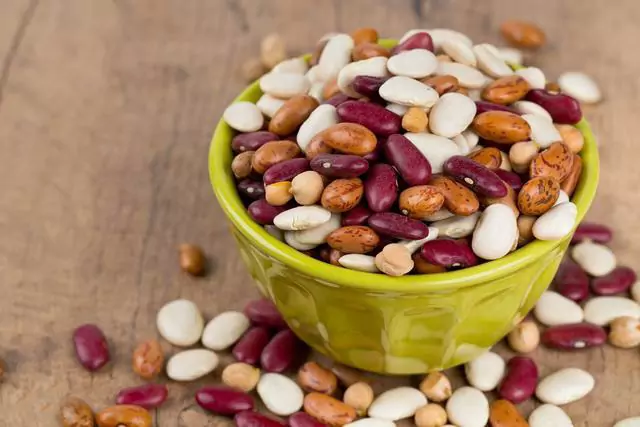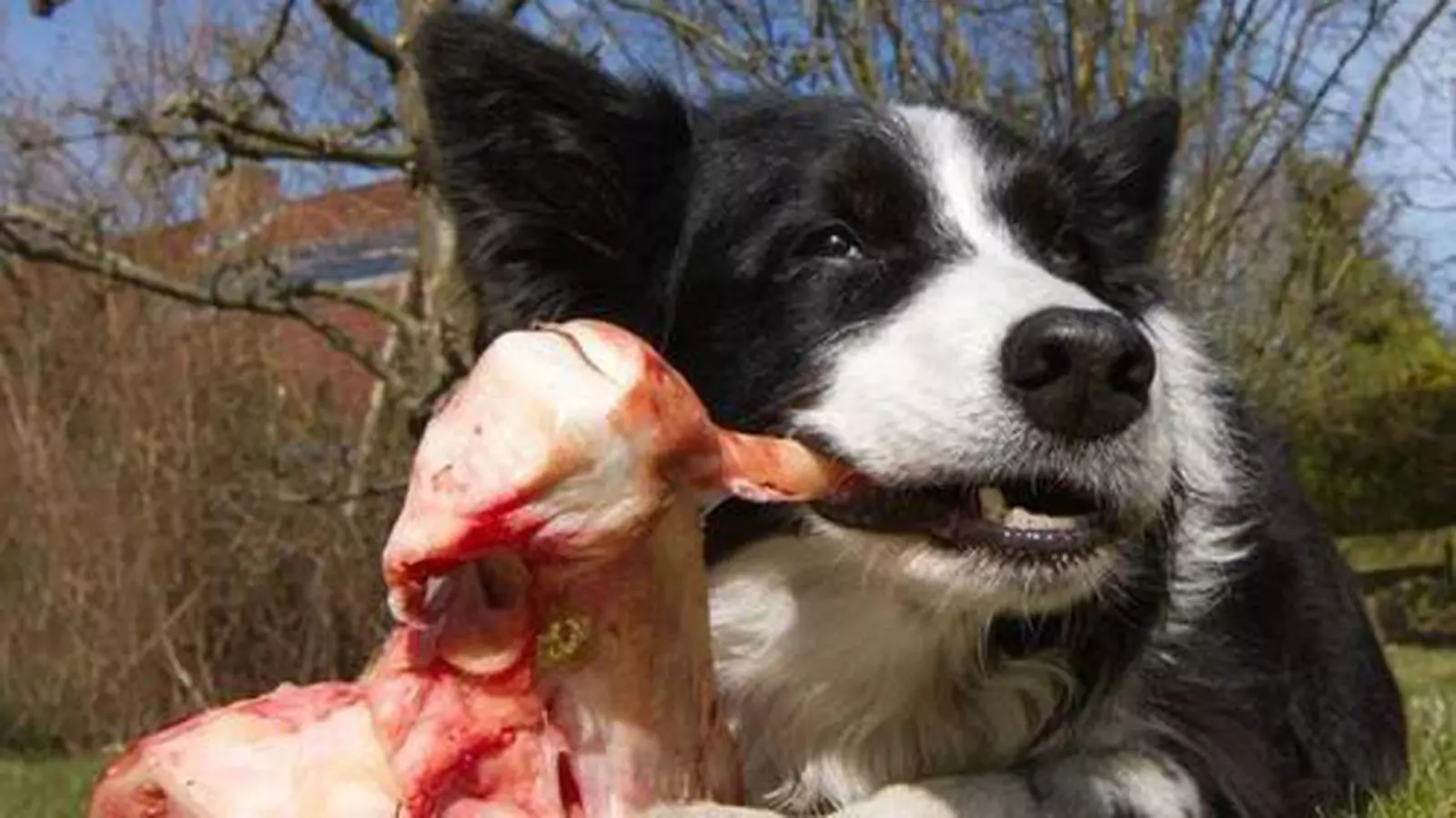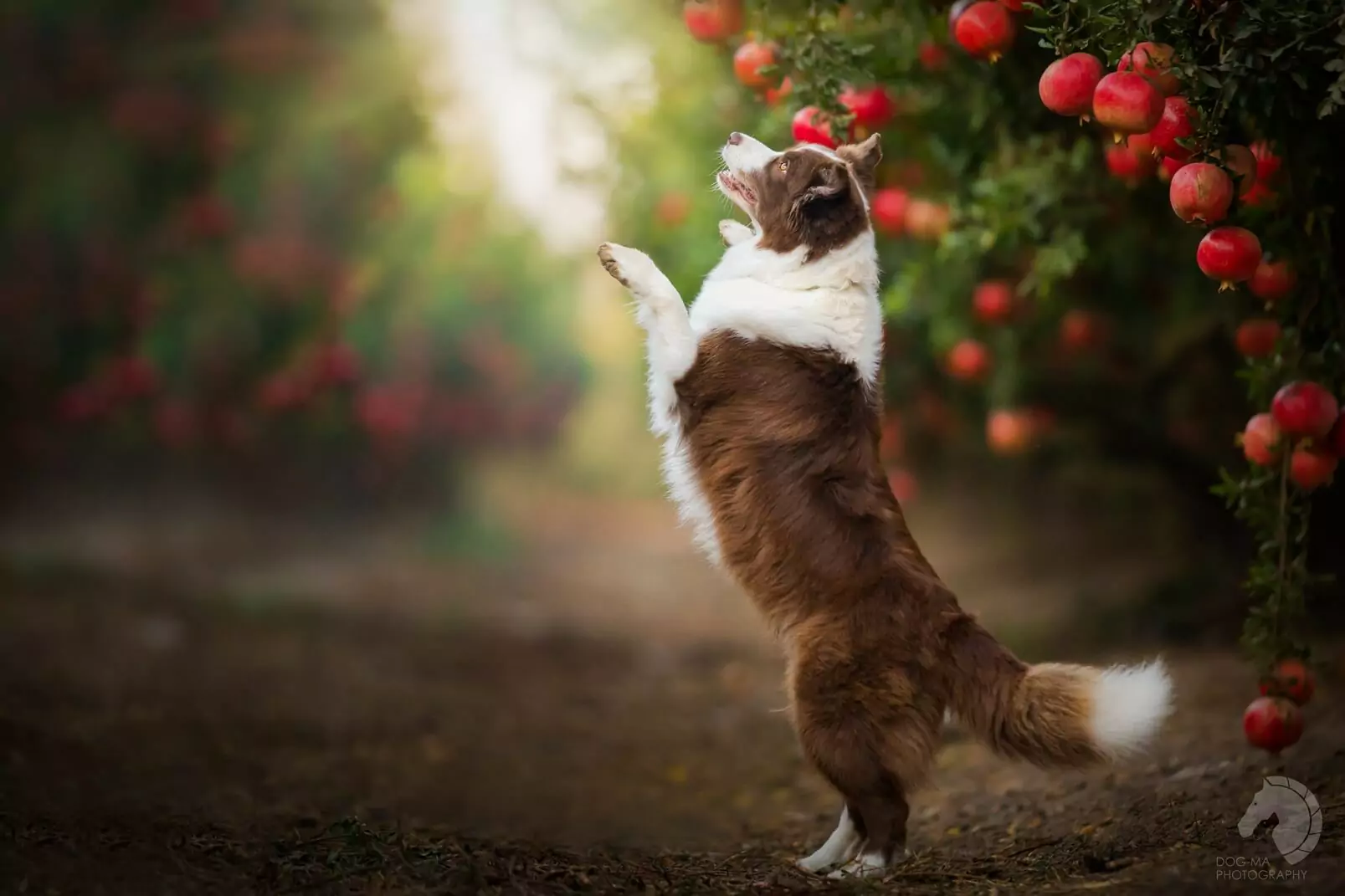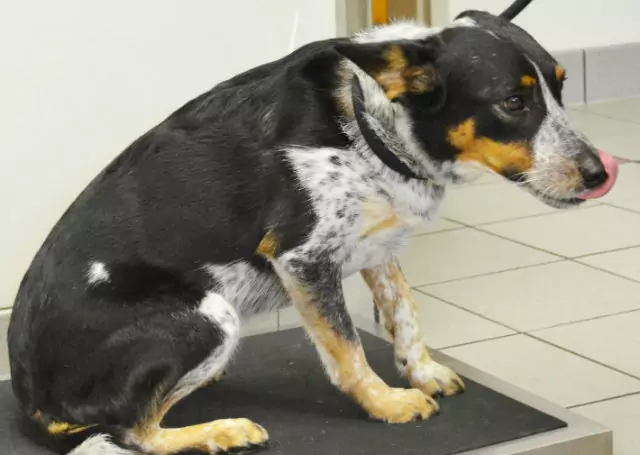Can dogs eat celery? Benefits of celery for dogs
2022-06-22
Can dogs eat celery
Dogs can eat celery, but not in excess, and it should be cooked and chopped before feeding. Celery is rich in dietary fiber, protein, carbohydrates, carotenoids, B vitamins, etc. Regular small amounts of celery for dogs can help with digestion and replenish trace elements and vitamins. At the same time, celery has a lot of fiber, dogs can rub their teeth when chewing, play a role in grinding teeth, and also to prevent constipation. Dogs are omnivorous animals, in addition to toxic and harmful food for dogs, other food dogs can basically eat, but it is best to dog food.
The disadvantages of eating celery for dogs.
Because the fiber content in celery is too high, too much consumption will lead to indigestion in dogs. Because some dogs have fragile stomachs, eating celery can stimulate the gastrointestinal tract, causing symptoms such as vomiting, diarrhea, and even stools. If a dog eats celery that causes gastrointestinal discomfort, you can feed it the right amount of probiotics to regulate the gastrointestinal environment. In addition, you should not feed onions and onion heads in general to avoid damage to the body.
Why dogs can not eat protein.
It is not that you can't eat it, but you just need to pay attention to the feeding amount. Protein contains an ovalbumin, which can destroy the vitamin H in the dog's body, leading to a lack of vitamin H and affecting the dog's health. In addition, dogs ingesting too much protein may cause indigestion, diarrhea and other symptoms. Therefore, it is not recommended that owners feed their dogs egg whites, but they can feed moderate amounts of egg yolks.

Benefits of celery for dogs
Celery contains powerful anti-free radical antioxidants, including vitamins A and C, flavonoids and limonene, which may help protect your dog's cells from oxidative stress and inflammation, which can lead to chronic diseases such as cancer and premature aging. Celery may also help dogs maintain optimal heart health, as studies have shown it has anti-hypertensive and lipid-lowering properties. The unique flavor of celery can also help remove bad breath in dogs.
Celery has a lot of crude fiber and is rich in many vitamins, so dogs can eat it to aid digestion and get their vitamins.
However, the following things should be noted when eating celery.
1, the dog can not digest plant things, celery to be beaten into a vegetable puree.
2, celery can be eaten raw or cooked.
3, celery leaves are better than the stems.
4, fed two to three times a week.
Celery, a plant of the umbelliferae family. There are three kinds of celery: water celery, dry celery, and celery, with similar functions, and the medicinal use of dry celery is better. The aroma of dry celery is stronger, called "medicine celery". The celery is rich in protein, carbohydrates, carotenoids, B vitamins, calcium, phosphorus, iron, sodium, etc. It also has the effect of calming the liver and clearing heat, dispelling wind and dampness, removing irritation and swelling, cooling the blood and stopping bleeding, detoxifying the lungs, strengthening the stomach and blood, clearing the intestines and bowels, moistening the lungs and relieving cough, lowering blood pressure, and calming the brain. It is very beneficial for the prevention of hypertension and arteriosclerosis, and has an auxiliary therapeutic effect.
Can dogs eat celery leaves
Dogs can eat celery leaves. Celery is rich in vitamins and fiber, and dogs eat celery leaves to help with digestion and absorption and to replenish vitamins. When feeding your dog celery leaves, be careful to wash them well and preferably cook them before feeding them to avoid pesticide residues and parasitic infections. Some foods that may cause poisoning in dogs should be avoided such as onions, grapes, etc. Daily feeding of dogs is best based on dog food.
6 Types of Vegetables Your Dog Should Not Eat
Vegetables are an essential ingredient in people's daily lives, providing a variety of vitamins and minerals and other nutrients that are essential to the human body. And for dogs, vegetables are also an essential item in their diet.
Unlike cats, which are pure carnivores, dogs are omnivores and their bodies need to consume vegetables. However, the proportion of vegetable intake should not be higher than 25%, and a small amount of vegetables can be more beneficial to their health.
But not all vegetables are suitable for dogs to eat, in addition to the familiar onion food, what other food can not be given to dogs to eat? Let's learn more about it.
Mushrooms
In fact, strictly speaking, mushrooms are not considered a harmful vegetable for dogs, we do not want dogs to eat mushrooms because we do not want them to be familiar with the taste of mushrooms.
Once a dog has tasted mushrooms, it will think that all mushrooms are edible and thus prone to accidentally eat poisonous mushrooms in the wild.
Peas
Peas are rich in potassium, phosphorus, vitamin B and other nutrients, making them a very good vegetable for humans. But this does not mean that dogs are also suitable for eating peas. The dog's own digestive system is not sound enough, the gastrointestinal function is weak.
And peas are difficult to digest a food, dogs consuming peas can easily cause flatulence, serious vomiting and diarrhea. Therefore, it is still not recommended to feed your dog peas.
Celery
Celery is a common vegetable on the table, it is rich in a variety of vitamins, blood pressure, bowel movement, prevention of arteriosclerosis and other effects. But for dogs, all these advantages of celery are not worth one disadvantage.
As the saying goes, celery is liked because of its coarse fiber, and dogs cannot eat celery because of its coarse fiber. The dog's gut has no way to digest the fiber, which can lead to indigestion and constipation after consumption.
Bean Sprouts
Bean sprouts are crisp, juicy and nutritious, and many people like them very much. But for dogs, bean sprouts are not a good ingredient. Dogs don't digest bean sprouts well, so it's best to eat them sparingly if you can.
Especially for dogs whose gastrointestinal function is already bad, owners should not feed bean sprouts, otherwise it will only aggravate the dog's gastrointestinal tract problems.
Chives
Leek dumplings it does not smell good? Delicious! But for dogs, leeks are highly toxic. Leeks contain a lot of sulfide, which will destroy the components of the dog's blood, causing anemia and even damage to the dog's bone marrow.
And leeks are irritating food, dogs are prone to enteritis after eating, there will be vomiting, diarrhea and other symptoms. So leek dumplings are delicious or the owner to enjoy it slowly, do not feed the dog to eat leeks.
Tomatoes
Tomatoes contain alkaloids and atropine, which may lead to dog poisoning if consumed in excess, endangering the life of the dog. Certain dog foods will add tomatoes to the recipe because a small amount of cooked tomatoes is safe.
But in our daily lives, it is not a good grasp of this amount, and in itself tomatoes do not have much of the nutrition that dogs need, so there is no need to feed your dog tomatoes.
These are the 6 kinds of vegetables that dogs can not eat today.
In fact, dogs can eat a lot of vegetables, such as carrots, broccoli, squash, cucumbers, radishes, sweet potatoes, potatoes, spinach, cabbage, lettuce, bell peppers and so on, these can provide nutritional elements for the growth of dogs, but also help digestion.
In addition, there are some special attention needed to feed your dog vegetables, you should remember Oh.
1. When preparing vegetables for dogs, it is best to separate them from the family meal to avoid excessive seasoning.
2. All dog food ingredients must be chopped and cooked, remember to be cooked thoroughly.
3. Feeding vegetables must adhere to the principle of small amounts, do not feed as the main food.
Was this article helpful to you?
Other links in this article
português (Brasil):
Os cães podem comer aipo? Benefícios do aipo para cães
中文简体:
狗能吃芹菜吗?狗狗吃芹菜的好处
中文繁体:
狗能吃芹菜嗎?狗狗吃芹菜的好處
Comments

Is a dog's mouth cleaner than a human's? Dogs' mouths need regular cleaning

Can dogs eat beans? Do dogs eat beans for health?

Can dogs eat lemons? Fruits that dogs should not eat more of

Do dogs have nightmares? Are dogs' dreams similar to humans'?

Can dogs eat raw beef? The benefits and drawbacks of beef for dogs

Is raw meat good for dogs? Can dogs eat raw chicken?

Can dogs eat pomegranates?

Can dogs eat ham?Can all types of ham hocks be eaten?

How to give a dog a bath

Can dogs eat kimchi?










